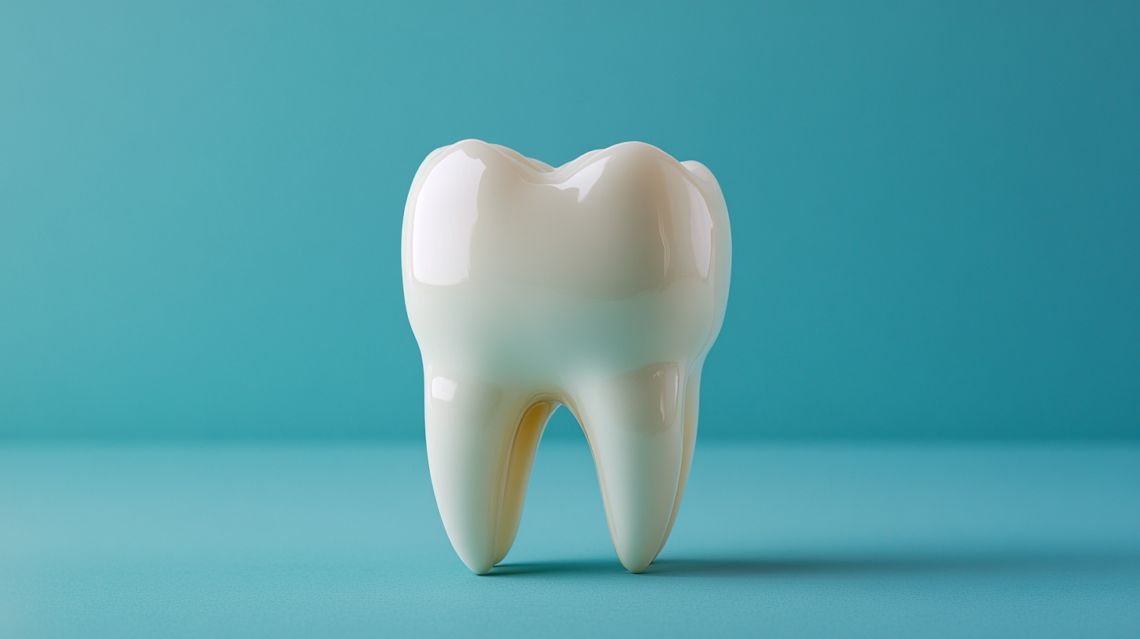
Abscessed Tooth: Stages and Treatment
An abscessed tooth is a dental condition that occurs when a pocket of pus forms due to a bacterial infection. This infection can develop in different areas of the tooth, leading to pain, swelling, and potentially serious complications if left untreated. Understanding the stages of an abscessed tooth can help individuals recognize the signs early and seek timely dental care, potentially preventing the issue from worsening. In this article, we will explore the progression of an abscessed tooth, from initial infection to potential complications, and discuss the possible treatments that may be required to restore oral health.
In the initial stage, an abscessed tooth often begins as a mild infection. The infection may develop due to untreated cavities, cracks in the tooth, or periodontal disease, where bacteria are able to invade the tooth’s pulp or the surrounding gum tissue. At this point, symptoms might be minimal, with only mild discomfort or sensitivity to temperature changes. It’s easy for individuals to overlook these early signs, thinking it’s just a fleeting issue that will resolve on its own. However, this is a crucial stage where prompt intervention can prevent further progression. If left untreated, the infection can spread deeper into the tooth or the surrounding gum tissues, leading to increased discomfort and swelling in the affected area.
As the infection progresses, the pulp of the tooth—comprised of nerves, connective tissues, and blood vessels—becomes increasingly inflamed and infected. The inflammation can cause the pulp to die, which may temporarily reduce the level of pain since the nerves are no longer active. However, this does not mean that the problem is resolved. In fact, this is a dangerous stage, as the infection can spread further into the jawbone and surrounding tissues. At this point, symptoms such as constant throbbing pain, noticeable swelling of the gums or face, a bad taste in the mouth, and even fever may occur. The abscess itself, which is a collection of pus, forms as the body’s immune response attempts to localize and contain the infection. It’s not uncommon for individuals to experience significant discomfort, along with difficulty eating, chewing, or even opening the mouth fully.
If an abscessed tooth continues to advance without appropriate dental care, it can enter a more severe stage where the infection can spread beyond the oral cavity. This can lead to systemic issues such as sepsis, a life-threatening condition that occurs when the infection enters the bloodstream. Symptoms of severe infection may include high fever, chills, rapid heart rate, and overall weakness. In rare cases, untreated dental abscesses have even been linked to more serious complications like brain abscesses or infections in the heart valves. At this critical stage, immediate medical attention is necessary to prevent potentially fatal outcomes.
Treatment for an abscessed tooth will depend on the severity of the infection and how much damage has occurred. For mild infections, a dentist may prescribe antibiotics to help fight the bacteria, along with draining the abscess to relieve pressure and reduce pain. However, this is typically a temporary solution that addresses the symptoms but not the underlying issue. For more advanced cases, a root canal may be required to clean out the infected pulp from within the tooth and to seal the space, preventing future infections. In situations where the tooth is severely damaged and cannot be salvaged, extraction might be necessary to remove the source of infection completely. Once the tooth is removed, additional treatments such as dental implants or bridges may be considered to restore the patient’s ability to chew and maintain oral health. Moreover, if the abscess has spread to other parts of the body, hospitalization and more aggressive treatments, such as intravenous antibiotics, may be needed.
If you are experiencing any of these symptoms, such as persistent tooth pain, swelling of the gums, sensitivity to hot or cold, a bad taste in your mouth, or fever, it is crucial to seek dental care as soon as possible. Early diagnosis and treatment of an abscessed tooth can prevent serious complications and save the affected tooth from extraction. Delaying care could lead to more invasive procedures, increased pain, and the risk of the infection spreading beyond the mouth. Your dentist is equipped to evaluate your symptoms, perform the necessary examinations, and provide a personalized treatment plan aimed at resolving the infection and restoring your oral health. Don’t wait—see your dentist promptly if you suspect you have an abscessed tooth, as timely intervention is crucial.

